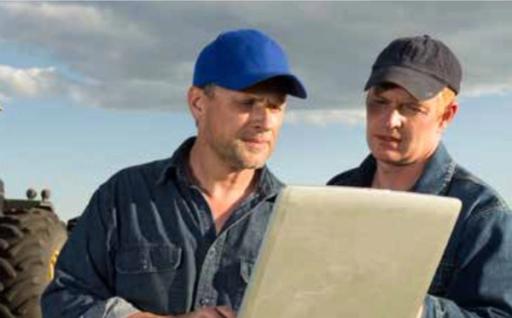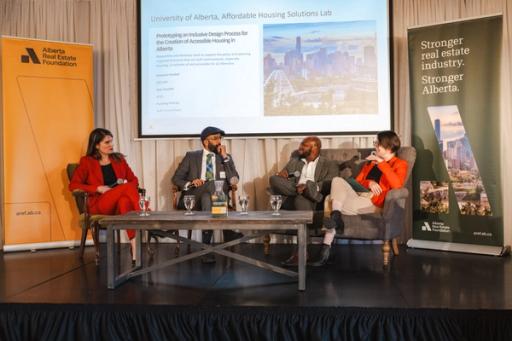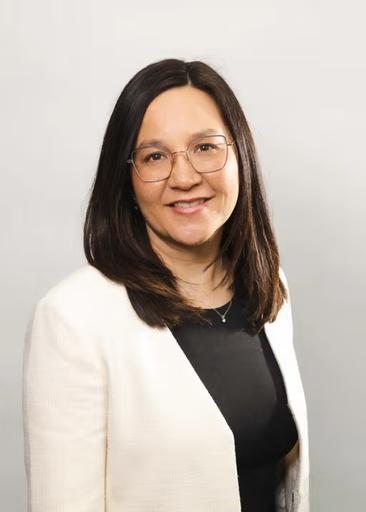March 6, 2019
Rural Climate Solutions Online Resources and Broadcasting

2017-2018 Annual Report Highlight
The Stettler Learning Centre is creating a series of podcasts and a website that are “part educational tool, part source of inspiration” aimed at Alberta producers who want to understand what they can do on the farm to help move toward a clean energy economy.
“This podcast comes straight out of Alberta—one of Canada’s biggest agriculture and energy producers— and dives into the technology and practices that are both good for the farm and good for the climate,” says Derek Leahy, the project coordinator for Rural Routes to Climate Solutions at the Stettler Learning Centre. “The agriculture sector is often characterized as a cause of climate change as opposed to a solution but most people do not realize that there are farming practices that can help us in the fight against climate change.”
From solar power to better land management, many of the practices that can help the environment can also help improve farming and ranching operations. “There are many producers who do not realize many climate solutions can help their farming and ranching operations thrive,” says Leahy. For example, using biodiversity can boost productivity, manage pests and help the land endure Alberta’s endless cycle of floods and droughts. Another podcast covers the benefits of formalizing a cooperative among agricultural producers to save on costs and minimize operators’ environmental footprints.
“Producers are constantly looking for opportunities and new techniques to improve my agricultural operations,” says Leahy. “Our project connects those dots by providing clear, informative and entertaining explanations on how producers can benefit from using climate solutions on their land.”
AREF’s support for the project allows the Learning Centre extend an existing program that received funding from the Alberta Government Community Environment Action Grant program. The initial program developed workshops and other materials for producers about agricultural and land-use practices that reduce carbon emissions.
Turning those materials into podcasts provides a really convenient method for producers to consume the information. “For producers, time is limited and it is also a precious commodity. But with the podcast, a producer can simply download episodes on to his or her phone and listen on the job, particularly on those days that they’re on a tractor or combine all day.” says Leahy.
“It is our hope that through this easily accessible method of learning, producers will be informed and inspired to use climate solutions on their farms. They will benefit and we will all benefit from this.”
Listen to the Rural Routes to Climate Solutions podcast here!
…
Read the Alberta Real Estate Foundation’s full 2017-2018 Annual Report.
Similar News


